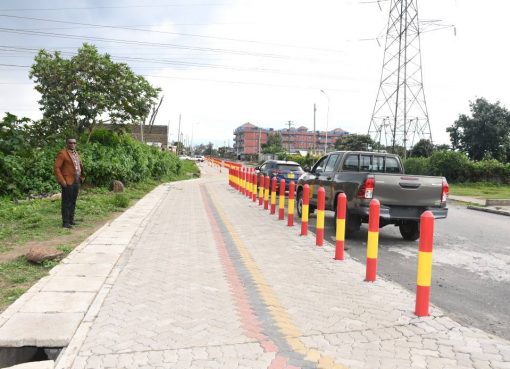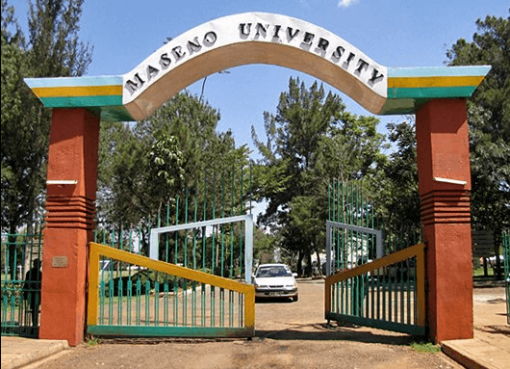The Centre for Mathematics, Science, and Technology Education in Africa (CEMASTEA) has provided training to Junior Secondary School teachers to enhance their ability to effectively implement the Competency Based Curriculum.
Through the initiative, the state agency targets to equip some 9,595 teachers assigned Pre-Technical studies, Agriculture, and Nutrition with pedagogical content knowledge to support the transition of 60% of Junior Secondary learners to Science, Technology, Engineering and Mathematics (STEM) pathway in Senior Schools.
The training has been designed to address teaching and learning gaps observed in Junior Secondary in terms of the interpretation of the CBC designs for grade 8 and implementation to realise learner-centred pedagogies.
The teachers drawn from all 47 counties are being trained on Inquiry Based Learning (IBL), Innovative teaching and learning activities, lesson planning, and the integration of ICT in teaching based on curriculum designs for Grade 8.
Other areas include enhancement of professional growth by enacting communities of practice, rationalisation of the implemented curriculum, integration of mentorship, and career guidance. Beneficiaries of the training being carried out at selected venues in Kisumu, Machakos, and Nakuru are expected to cascade the training to their respective counties.
Nyanza Regional Director of Education (RDE), Lawrence Karuntimi, said the training was timely to respond to gaps in pedagogical content knowledge. Hence, in a speech read on his behalf by Mr. Dickson Ogonya, the RDE said the intervention was critical to establishing a strong foundation in STEM education under the new curriculum.
The Ministry of Education, he said, was committed to supporting CEMASTEA’s intervention programmes to address inequities in STEM education and achieve a level playing field for learners. The model being promoted through the training, he said, was critical to ensuring active learner engagement and inclusion.
“The use of learner-centred teaching and learning approaches such as problem-based, project-based, and inquiry-based pedagogies has been shown to equip learners for the dynamic world,” he said.
The Ministry of Education, he added, was keen on integrating Information and Communication Technology (ICT) in Junior Secondary Schools. Integration of ICT, he said, was set to create innovative learning experiences and, in turn, promote STEM education in the country.
“In the contemporary fast-paced digital era, the need to integrate technology into learning has become increasingly important in order to capture and sustain the attention span of the 21st century learner,” he said.
By Chris Mahandara





